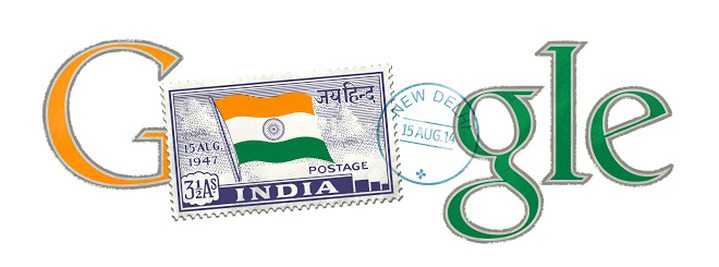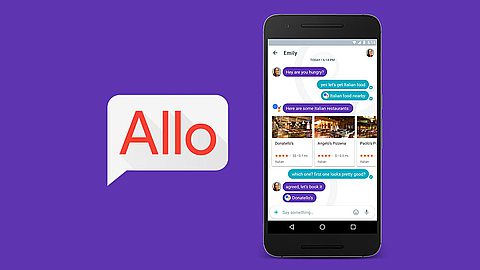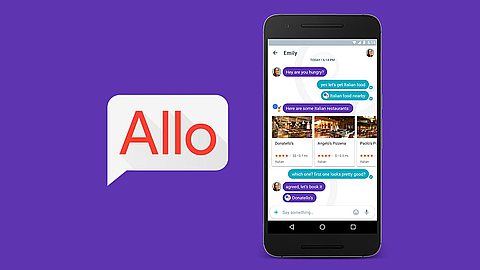Google Allo’s limitations explained in one word: “India”

Allo isn’t built for a multi-device, connected world, but that’s probably on purpose
Allo has had a curiously incomplete product launch, and many Google users are left wondering what the company was thinking.
Allo's limitations are deal breakers for many people in the hyper-connected developed world who are accustomed to multiple devices and a few GBs of Internet connectivity. But what if you're not in a developed country? Google hasn't explicitly come out and said so, but Allo's features and Google's actions around the launch of Allo all point to it being targeted at developing countries, and one developing country in particular: India. When viewed through the lens of the average person in India, Allo's "incomplete" launch, odd design decisions, and missing features suddenly make sense.
Google <3 India
Google's love affair with India is no secret. Google is all about scale and having huge numbers of users, and if you look at a list of countries by population, China is first with 1.38 billion people; India is second with 1.32 billion people; and the United States is third, with 324 million people. Google would love to go to China, but that would mean dealing with the censorship-happy Chinese government, so India is the biggest country in the world where Google can freely do business. India is also the home country of Google CEO Sundar Pichai.
Plenty of Google projects have targeted India. India was the first country to get the Android One phone, Google's program for cheap, high-quality Android phones. The company started a free Wi-Fi program in India by installing high-speed access points in the country's most popular train stations. Google just launched a custom version of YouTube for India called "YouTube Go." Google says the new YouTube Go app is designed to be "offline-first." It lets users download videos for later and share them to friends over a local network. If that's not enough evidence, Pichai just published an op-ed in The Economic Times of India explaining how Google is heavily targeting India. Google loves India.
We're going to use India as our primary example to offer a theory on the design decisions around Allo and Duo, but our theory could probably apply to plenty of developing countries.
Google Duo: A companion app to Allo, but also a companion to WhatsApp
The weirdness in Google's current instant messaging strategy started right off the bat. Instead of announcing a single app that supports texting, voice, and video calls, Google split the video calls off into a separate app called "Duo." Allo and Duo would be "companion" apps, and users that want a typical instant messaging feature set would have to download both. Why have a split between Allo and Duo? Probably because Google was targeting WhatsApp users.
With over a billion monthly active users, WhatsApp is the world's most popular messaging app. It's also the dominant form of communication in India, capturing 69 percent of Indian Internet users in Q4 2014, according to Statista. "WhatsApp Envy" is probably driving many of the decisions behind Allo and Duo—Google tried to buy WhatsApp in 2014 but was outbid by Facebook.
WhatsApp doesn't support video calls, which could explain the split between Allo and Duo. Duo isn't just designed to be the video companion app to Allo—it might also be designed to be WhatsApp's video companion app. Isn't it weird that Duo supports video calls but not voice calls? It's less weird when you consider WhatsApp already supports voice calls, so that would be a redundant feature in the WhatsApp/Duo pairing.
Duo launched a full month before its supposed "companion app," Allo, which is suspicious timing. Allo was clearly the more exciting app, so why get Duo out the door first? Probably because WhatsApp has a video calling feature in beta testing, and Google wanted to beat WhatsApp to the punch.





